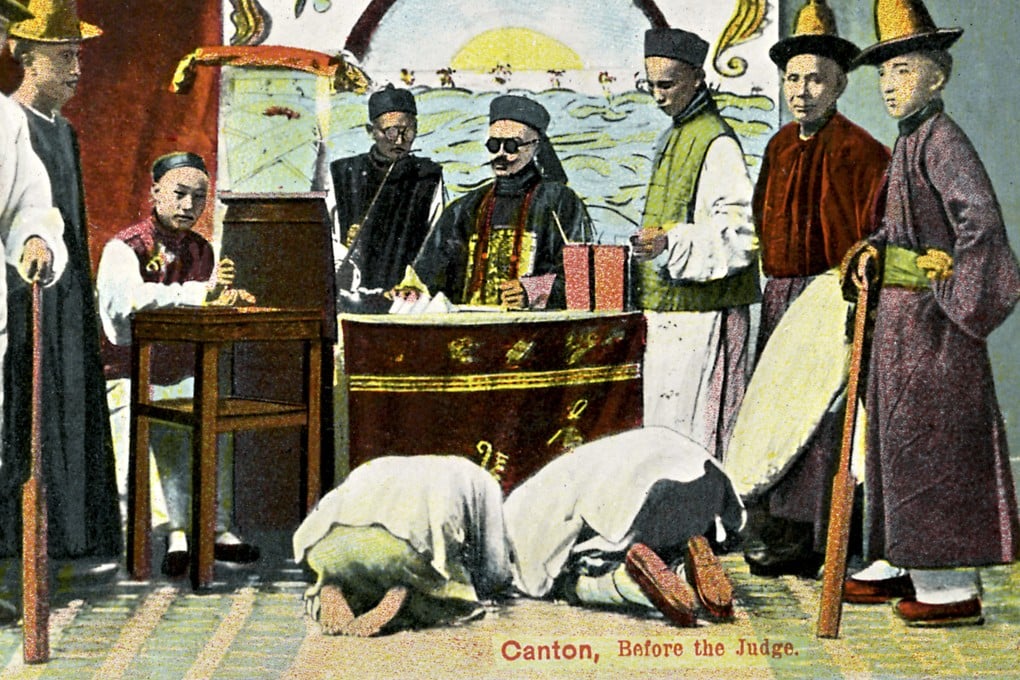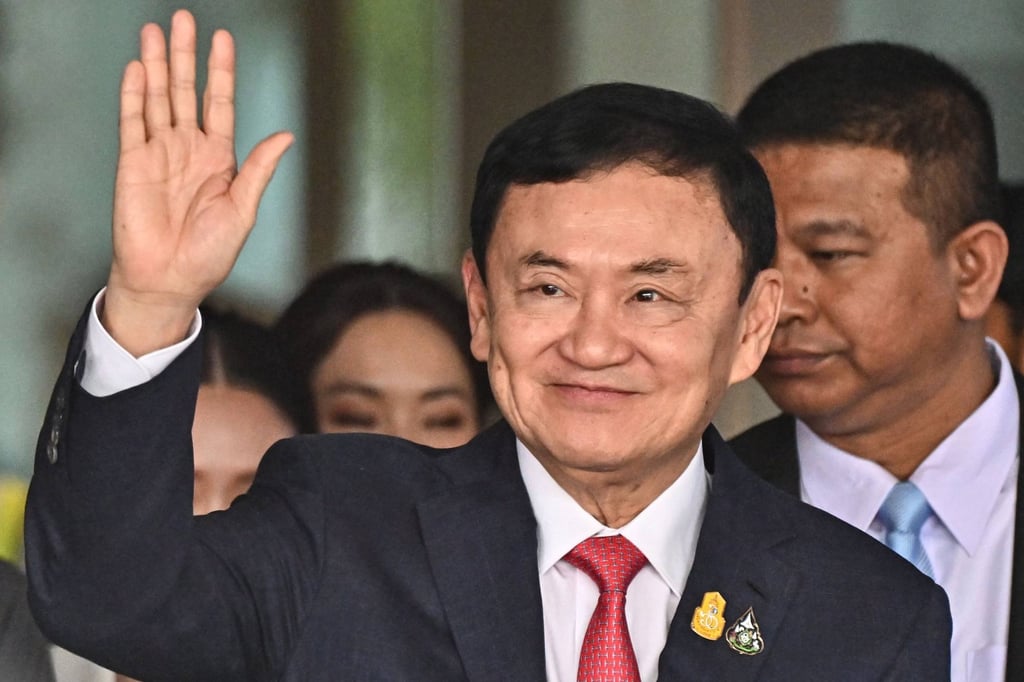Advertisement
Reflections | Why ancient China’s 4 types of royal pardon had nothing to do with mercy – it was all about ‘good optics’ for the rulers
- The practice of granting amnesty began early on in China, during the Spring and Autumn Period and the subsequent Warring States Period (770BC-221BC)
- The ostensible purpose was to show the mercy of the emperor, but where compassion for others was concerned, emperors did not have good track records
Reading Time:3 minutes
Why you can trust SCMP

Southeast Asia has recently witnessed two high-profile pardons of former heads of government who had been sentenced to jail.
In Malaysia, ex-prime minister Najib Razak, who had been convicted of corruption, had his 12-year jail sentence reduced to six, which means he will be released from prison in August 2028, or even earlier. The country’s Pardons Board also slashed his 210 million ringgit (US$44 million) fine to 50 million ringgit.
Thaksin Shinawatra, the former Thai premier who was also sentenced to jail for corruption in office, was freed from a Bangkok police hospital in February.
Advertisement
Following his return to Thailand in August 2023 from a lengthy self-imposed exile, Thaksin was given an eight-year prison sentence, which was commuted to one year almost immediately after his sentencing, but he didn’t spend any time in jail because of his health problems.

What’s interesting about both men is that they continue to wield enormous political influence, despite their criminal convictions.
Advertisement
Advertisement
Select Voice
Select Speed
1.00x
